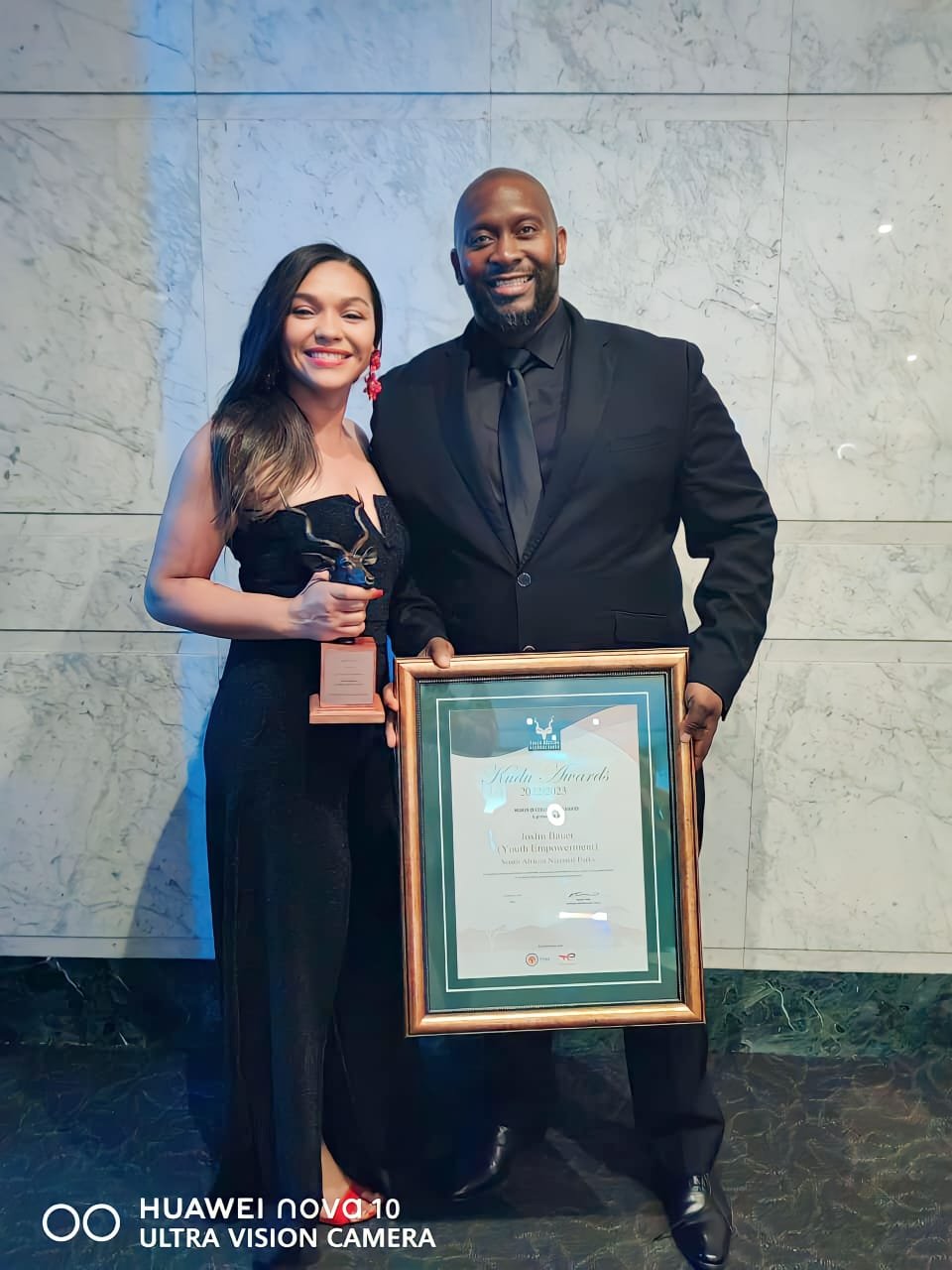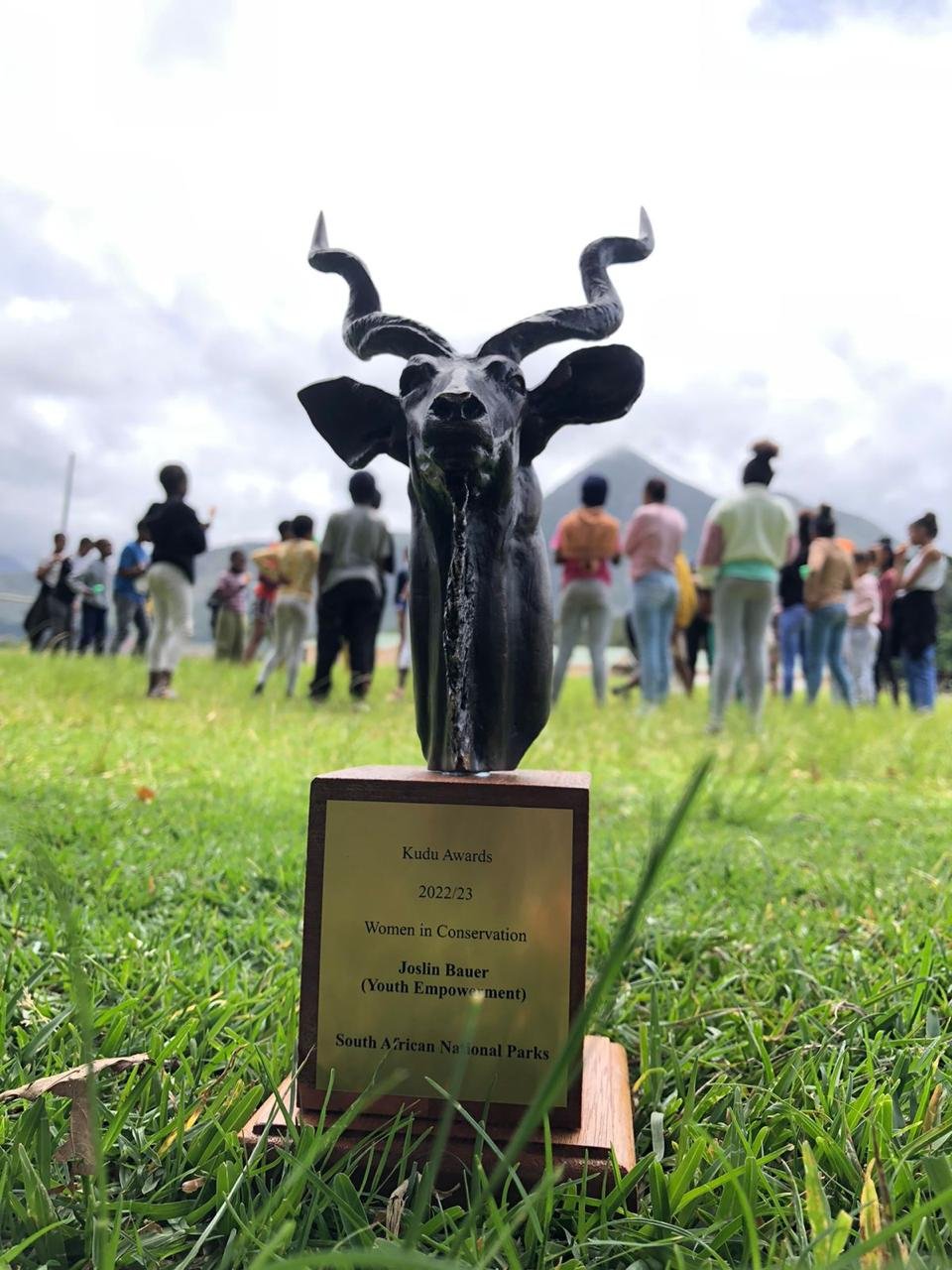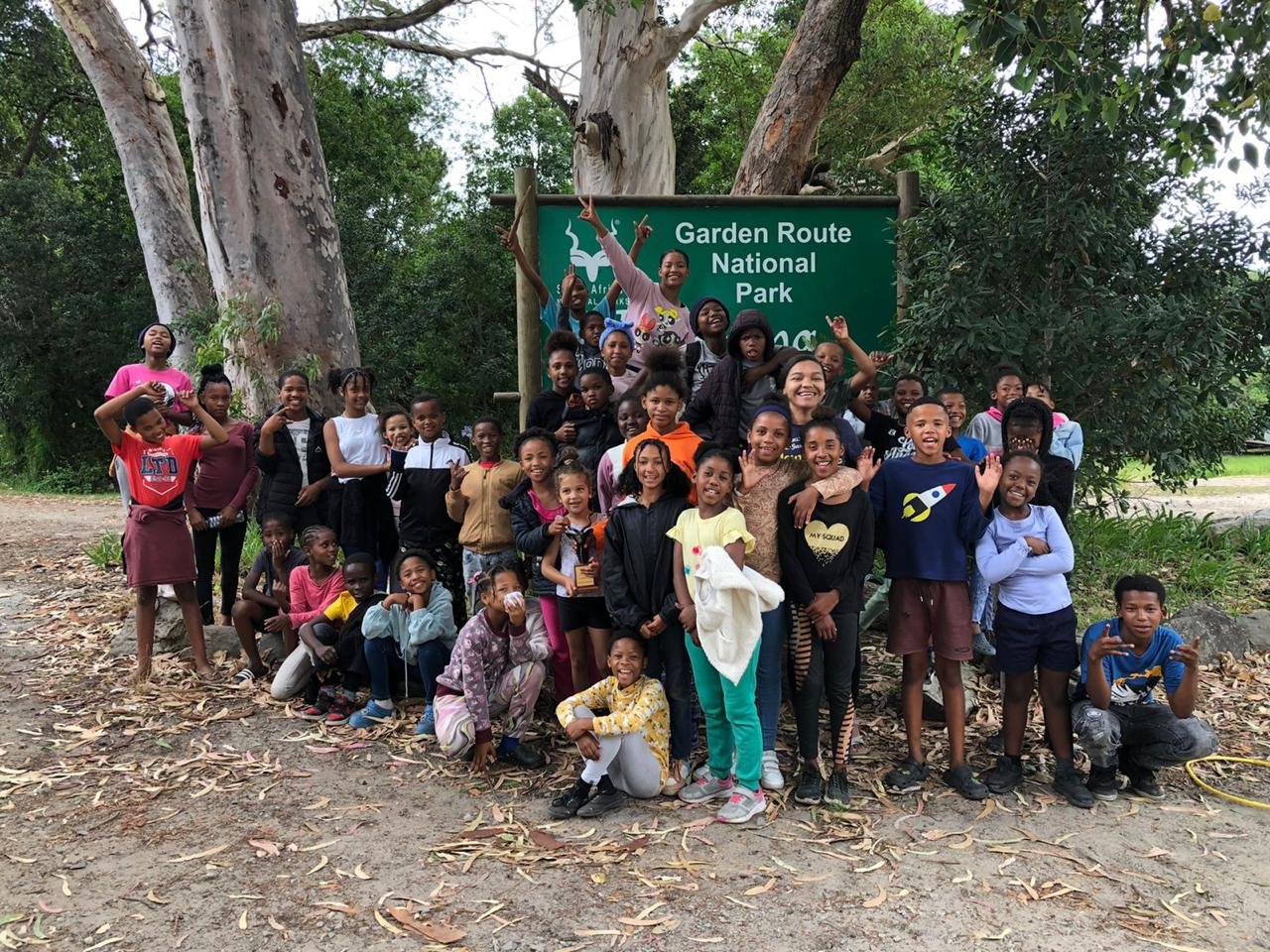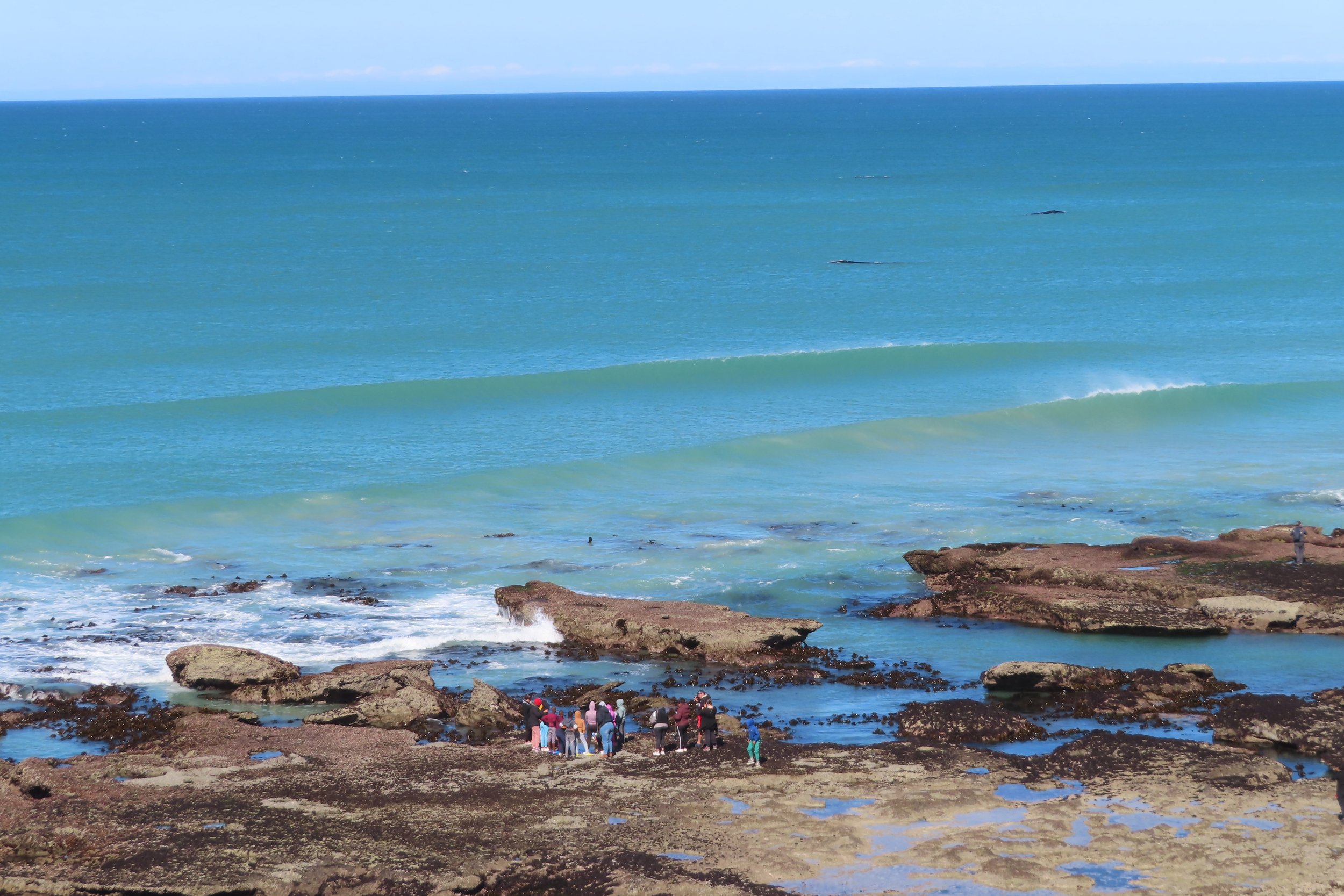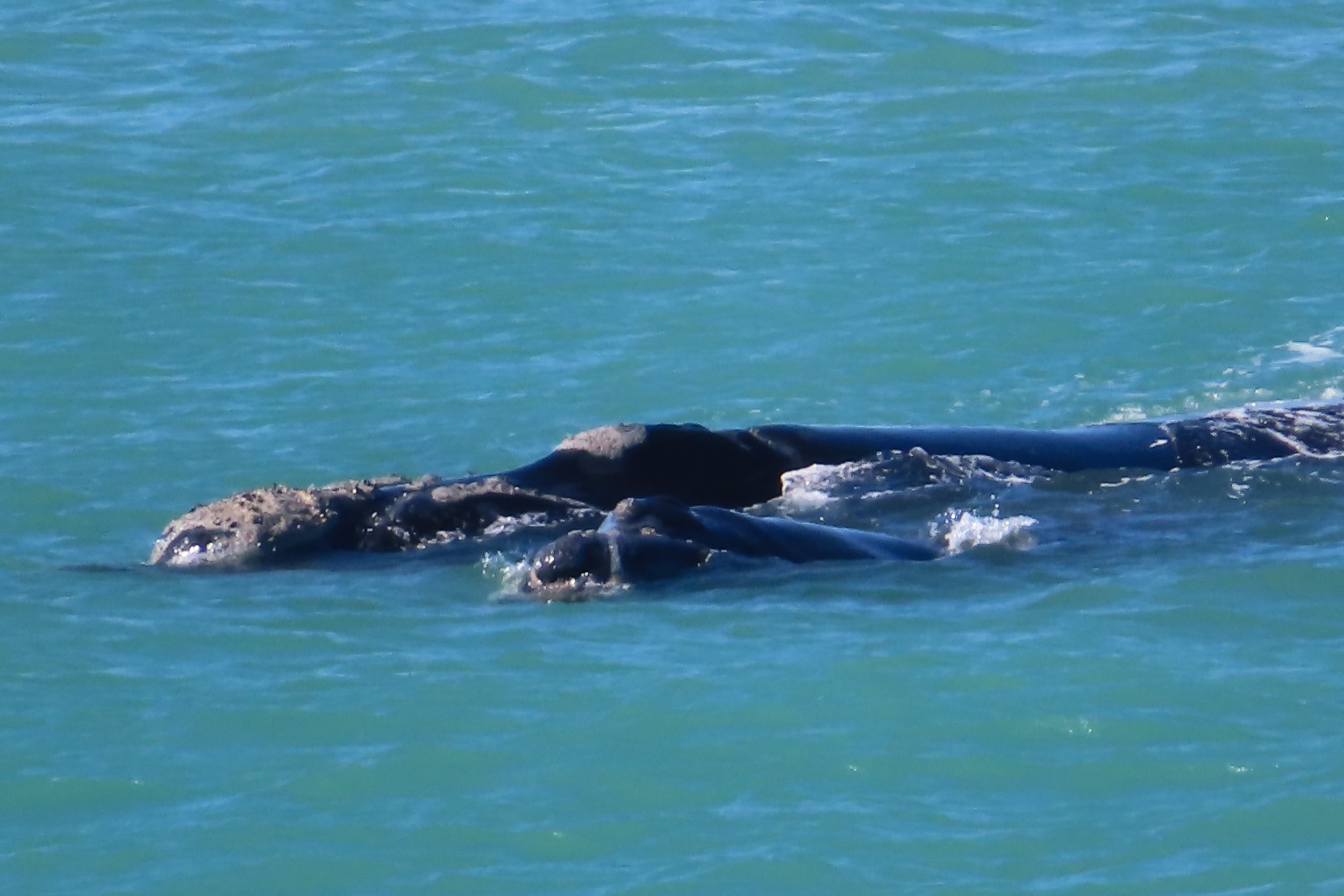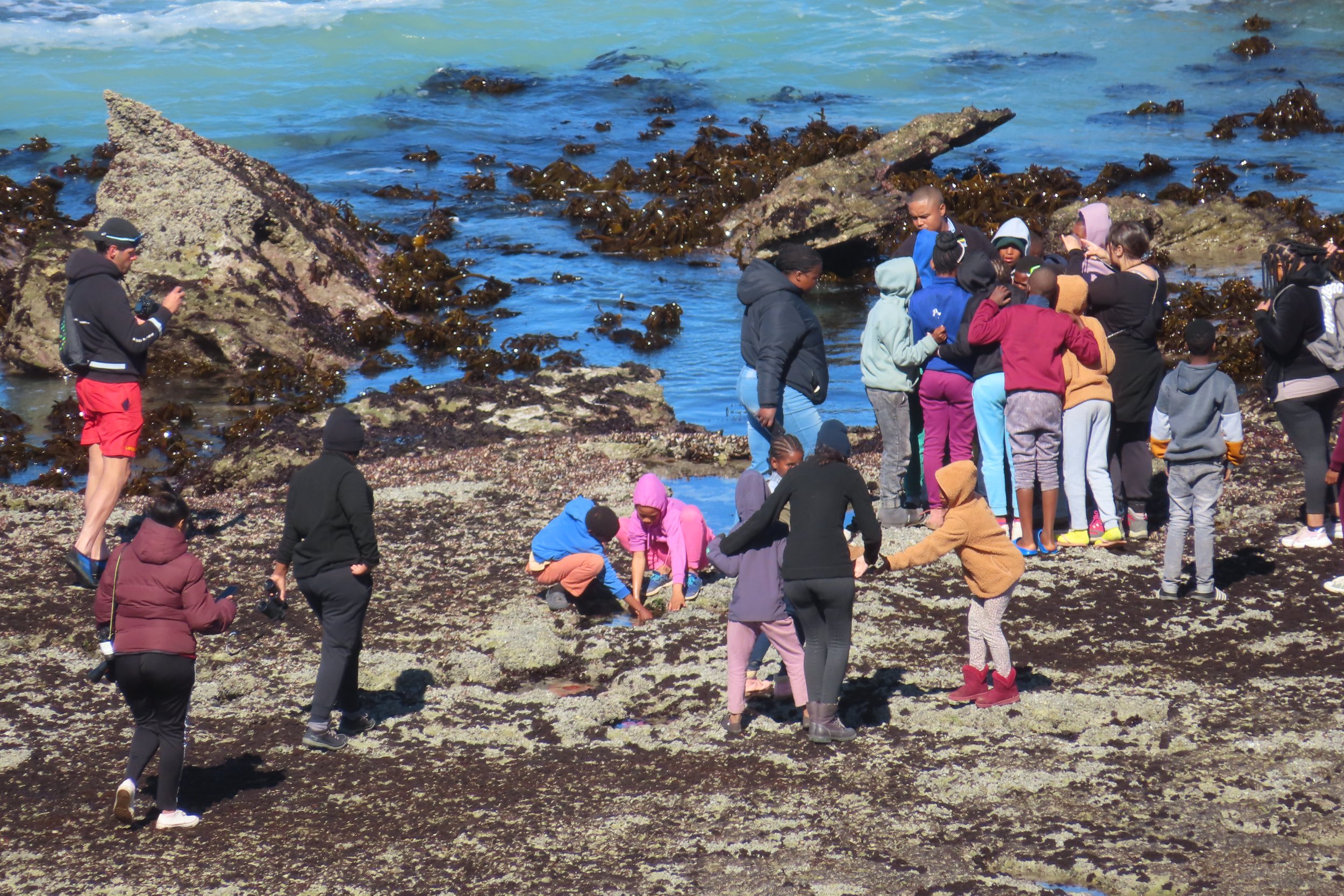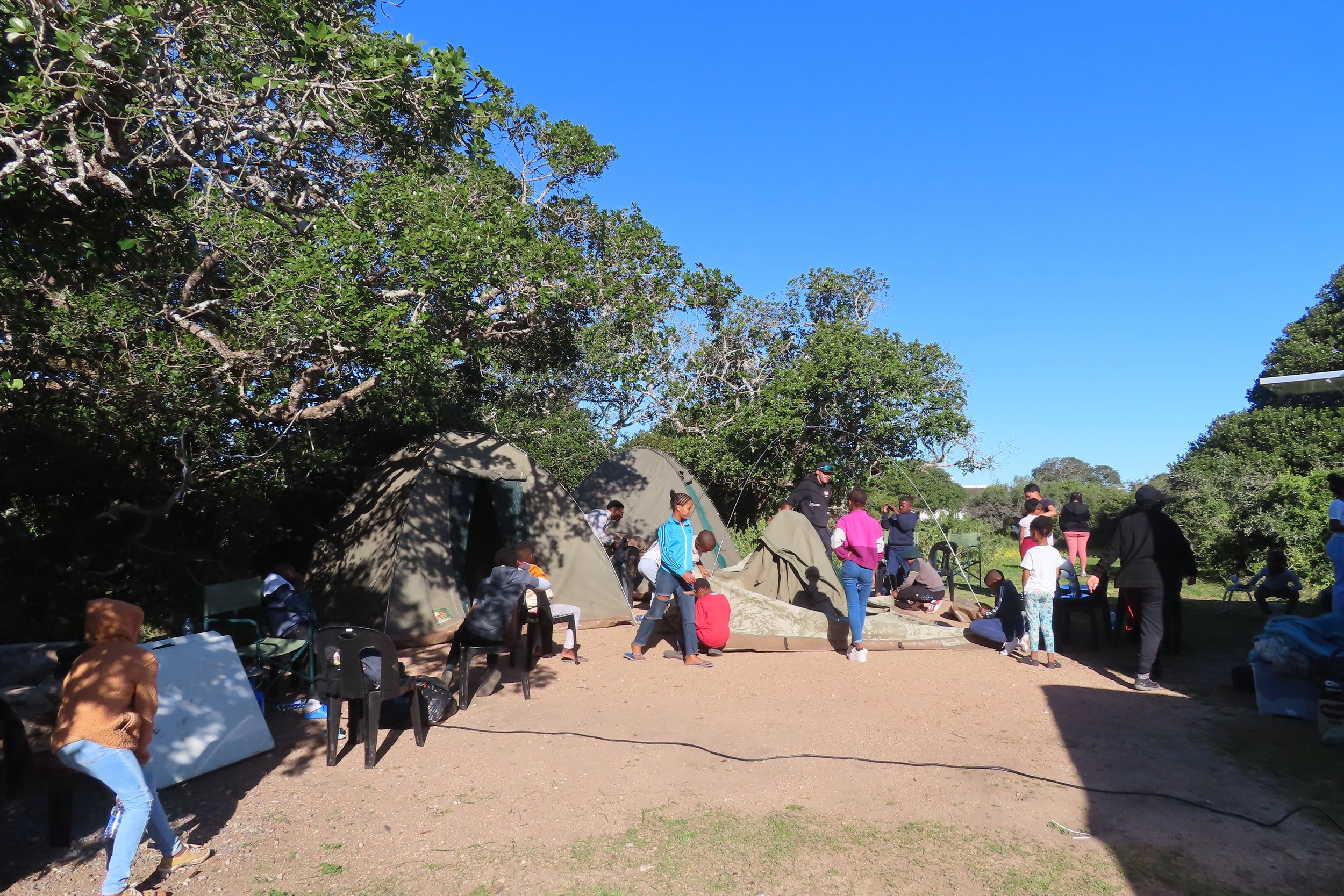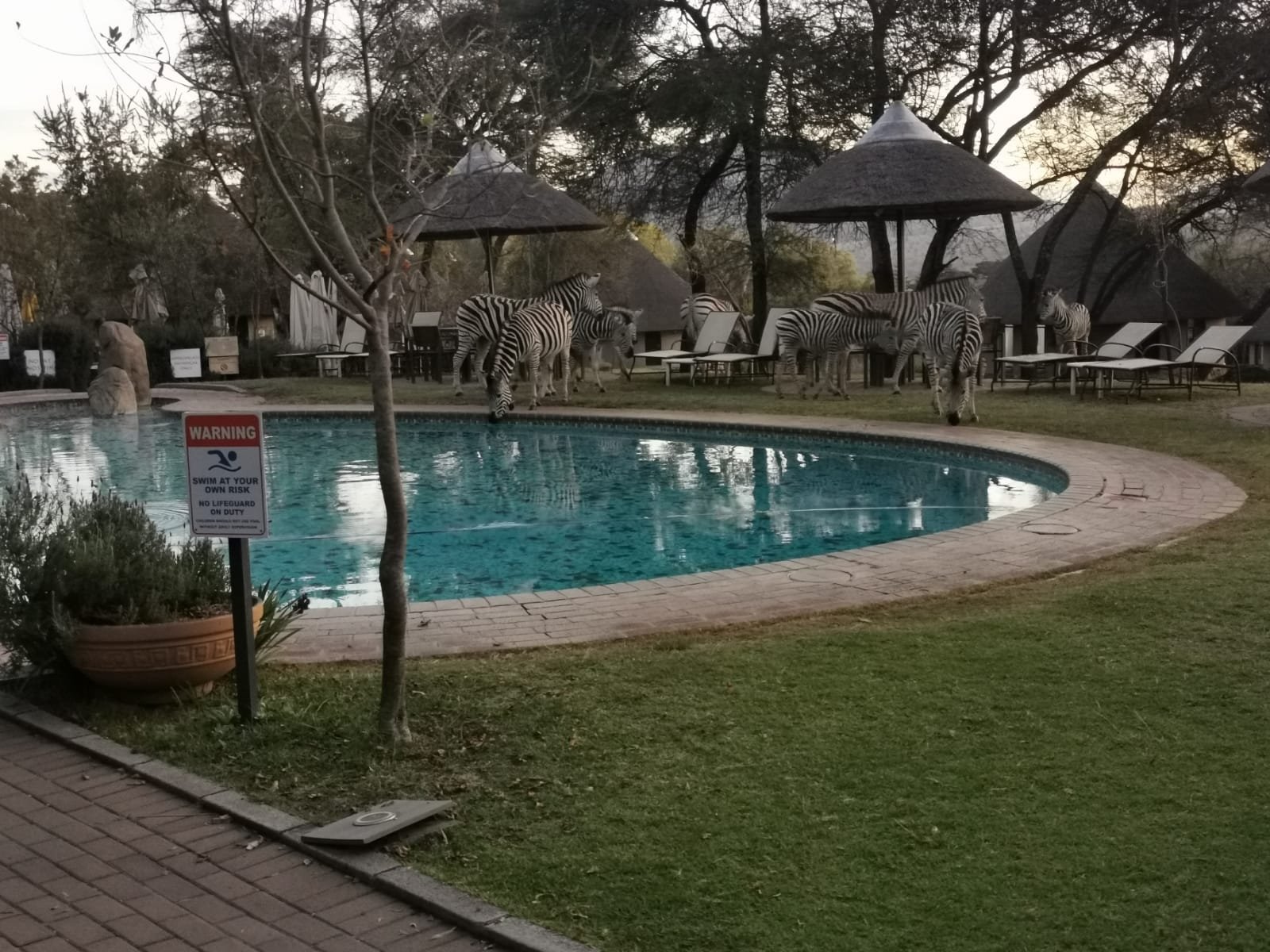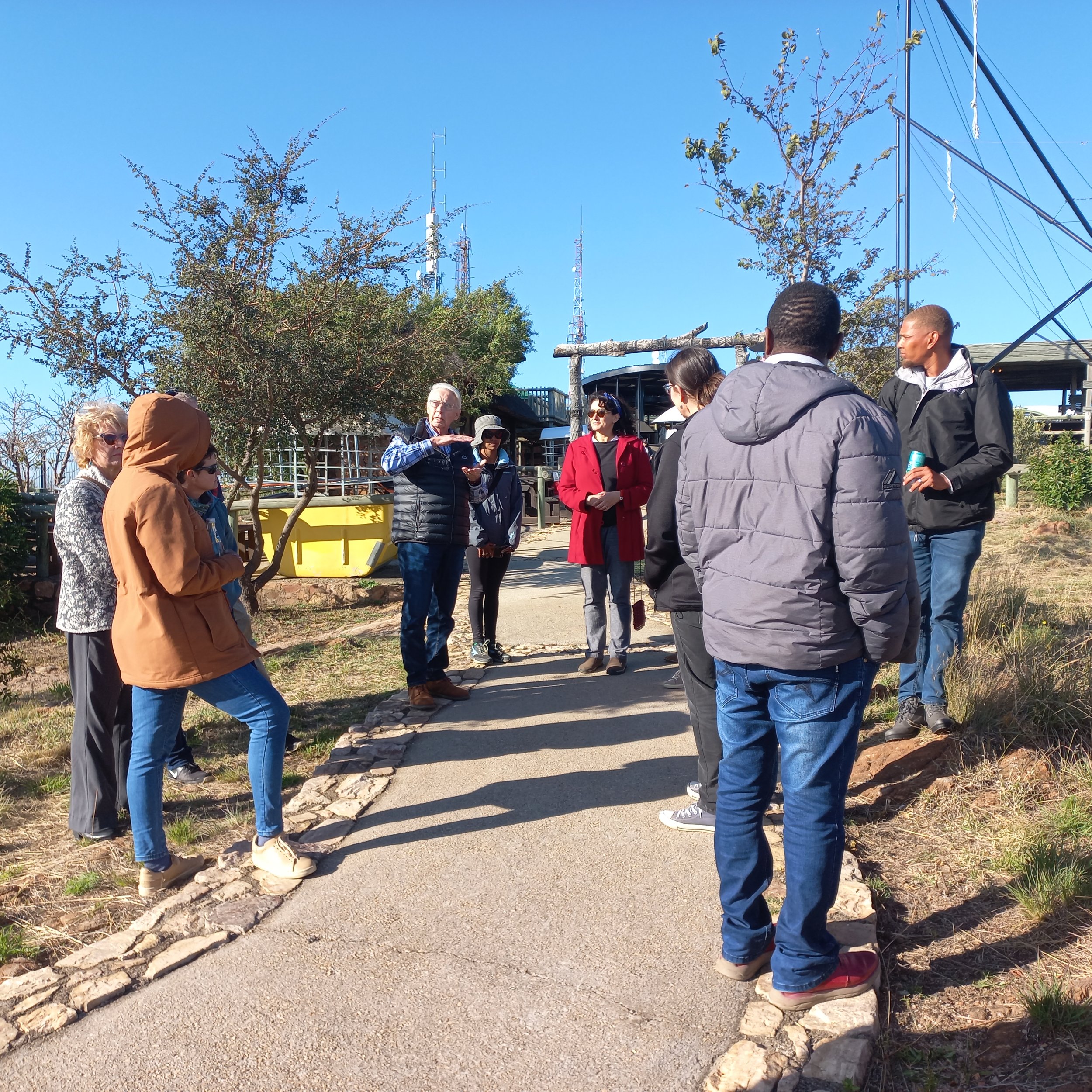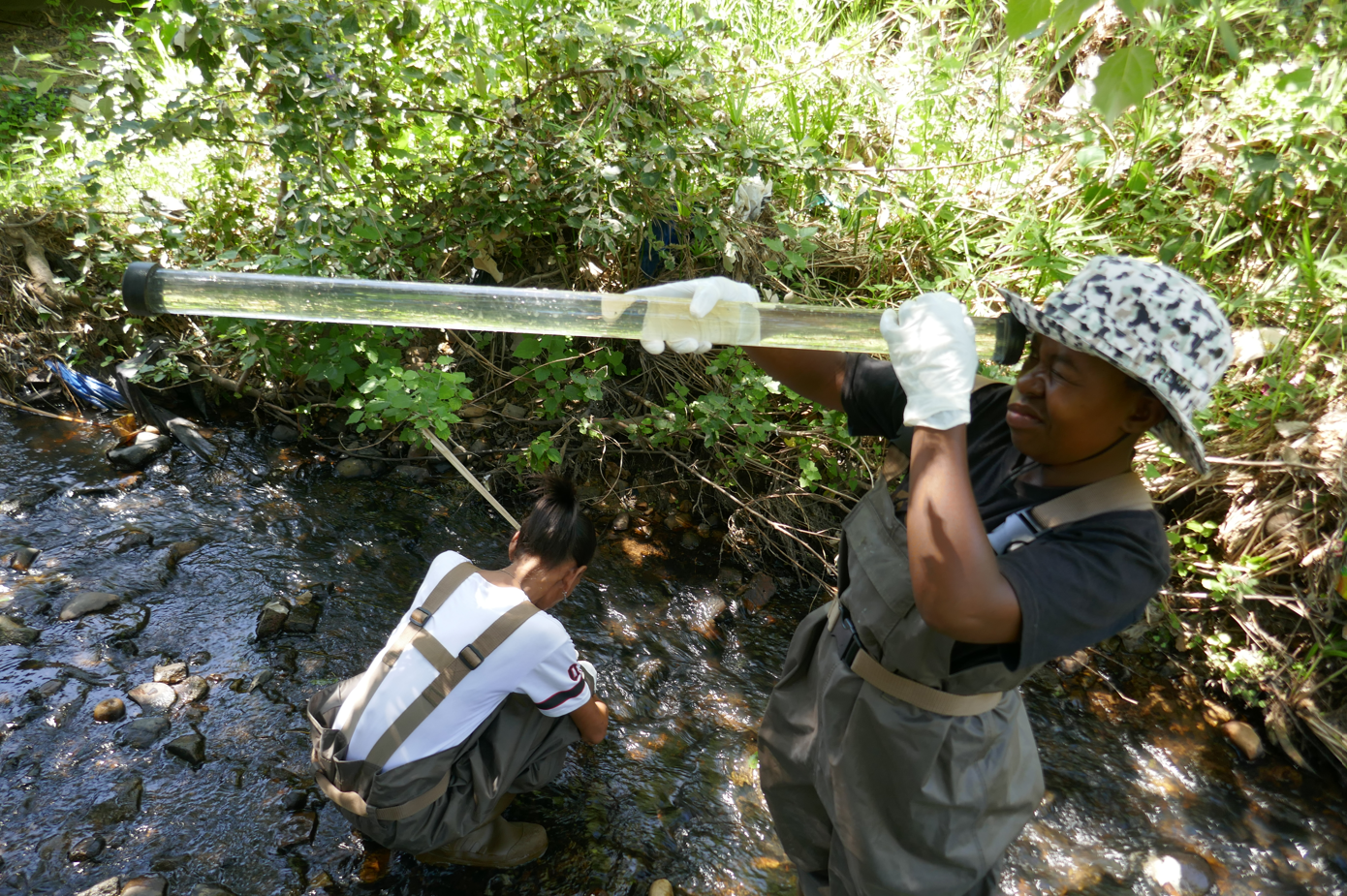Shy to share amongst each other about how the river monitoring has impacted them, an anonymous survey was done with the group to share what they have achieved from their involvement thus far.
“I gained more knowledge and experience. I've benefited in many ways in the project, not only did I get to know how to be a citizen scientist but also to learn how to be myself.”
Stepping out of the river and into the wider community, the CWBR team together with the group will identify ways to share what has been learned and to convey positive messages around the relationship between people and nature, looking after the natural environment, and why keeping rivers clean is important.
When asked for ideas on how to reach their broader community, inspiration has been drawn for planning collaborative events.
“Let's talk to them about the importance of the river and its cleanliness.” And “Get them to the river and working with us on monitoring.”
“Gather youth to learn about water and the environment showing how important water [is] in our lives, how can we save it. Raising awareness to schools talking about water/environment. Gather elders of the community to be aware [of] what is going on in [the] water that we have, how to save, and keep the environment clean”.
To teach the kids about the importance of keeping the rivers clean. To organise a talk of the people.
And what continues to motivate them to be involved and participate in the project, one replied: “Because I want to gain knowledge and I also want to teach other children and if I go to their places they must say to their mom or dad or friend ‘Look, there goes Keira’.”
The citizen scientists have also been involved in co-creating and brainstorming skills development courses for further opportunity and knowledge. The aim is to capacitate them as community ambassadors for change and give them tools to best further their career and entrepreneurial opportunities which they have been exposed to in the course of this initiative.
Check out the Cape Winelands Biosphere Reserve contribution, about the launch of the Citizen Science initiative, as well as the project partner biosphere reserves updates, in the first UNESCO Regional Office for Southern Africa (ROSA) Be Resilient South Africa newsletter. As part of the UNESCO Be Resilient South Africa project - Biosphere Reserves as Observatories for Climate Change Adaptation in South Africa.
Link: Be-Resilient, South Africa, 2022 newsletter


